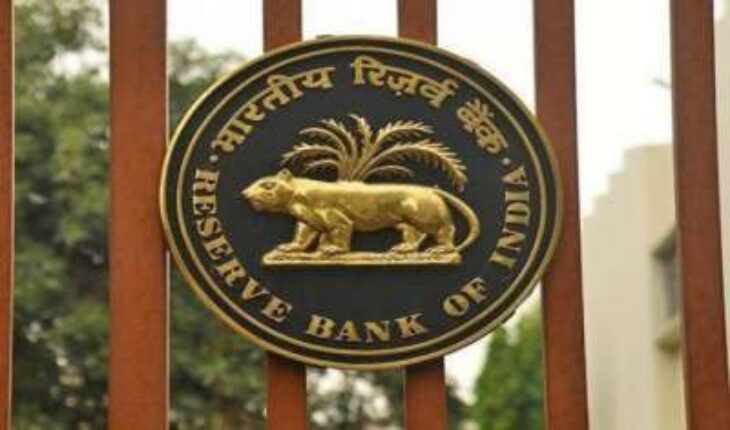The recent decision by the Monetary Policy Committee (MPC) to hold the benchmark interest rates steady at 6.5% for the fifth consecutive bi-monthly meeting, despite raising the forecast for full-year GDP growth and acknowledging potential food price shocks, raises questions about the risks of lagging in anchoring inflation expectations. The MPC’s move comes amid signs of inflation quickening in November-December, driven by uncertainties in food prices and an unfavourable base effect, potentially derailing the disinflation process. With the likelihood of price gains accelerating in the coming months, coupled with the volatility in oil prices and global financial markets, the risks to price stability remain significant. The RBI’s ‘Households’ Inflation Expectations Survey’ from November starkly reflects this, with households anticipating higher inflation rates in the near and medium-term future. The central bank’s messaging, however, shows a dissonance. On one hand, the MPC has upgraded its real GDP growth projection for the fiscal year ending in March 2024 to 7%, from 6.5% in October. This optimistic outlook is attributed to robust investment, manufacturing strength, construction buoyancy, and a gradual rural recovery potentially boosting household consumption. On the other hand, the MPC’s caution on inflation and the cumulative 250 basis point increase in the benchmark rate since May 2022 suggest a more guarded stance. This paradox is further compounded by the RBI’s ‘Consumer Confidence Survey’, indicating that consumers maintain negative sentiments on both current and future price conditions. High inflation is evidently hampering discretionary spending, as Deputy Governor Michael D. Patra highlighted. This situation underscores a broader challenge: achieving a delicate balance between fostering economic growth and ensuring price stability. As the MPC navigates these complex economic dynamics, its primary task remains clear. Ensuring price stability is crucial; without it, the benefits of GDP growth and employment could be undermined by diminishing purchasing power.
Holding rates amid inflation is MPC’s balancing act
Published Date: 16-12-2023 | 3:52 pm




